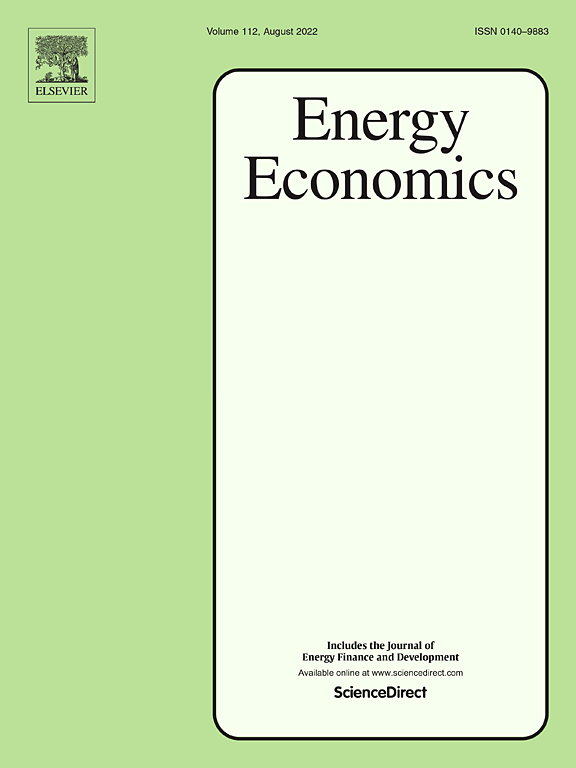NEW PUBLICATION: This paper assesses the effect of US–China political relationships and geopolitical risks on oil prices. To this end, we consider two quantitative measures, the Political Relationship Index (PRI) and the Geopolitical Risk Index (GPR), and rely on structural VAR and local projection methodologies. Our findings show that improved US–China relationships, as well as higher geopolitical risks, drive up the price of oil. In fact, unexpected shocks in the political relationship index are associated with optimistic expectations of economic activity, whereas unexpected shocks in the geopolitical risk index also reflect fears of supply disruption. Political tensions and geopolitical risks are thus complementary causal drivers of oil prices, the former being linked to consumer expectations and the latter to the prospects of aggregate markets.
You can find the WP version, the abstract, the keywords and the online appendix in an older post:
https://www.jamelsaadaoui.com/how-political-tensions-and-geopolitical-risks-impact-oil-prices/
You can quote this article as:
Valérie Mignon, Jamel Saadaoui, How Political Tensions and Geopolitical Risks Impact Oil Prices? Energy Economics, Volume 129, January 2024, 107219. https://doi.org/10.1016/j.eneco.2023.107219. Free download until January 19, 2024: https://authors.elsevier.com/c/1iAu~_3DAZv1gj


Leave a Reply